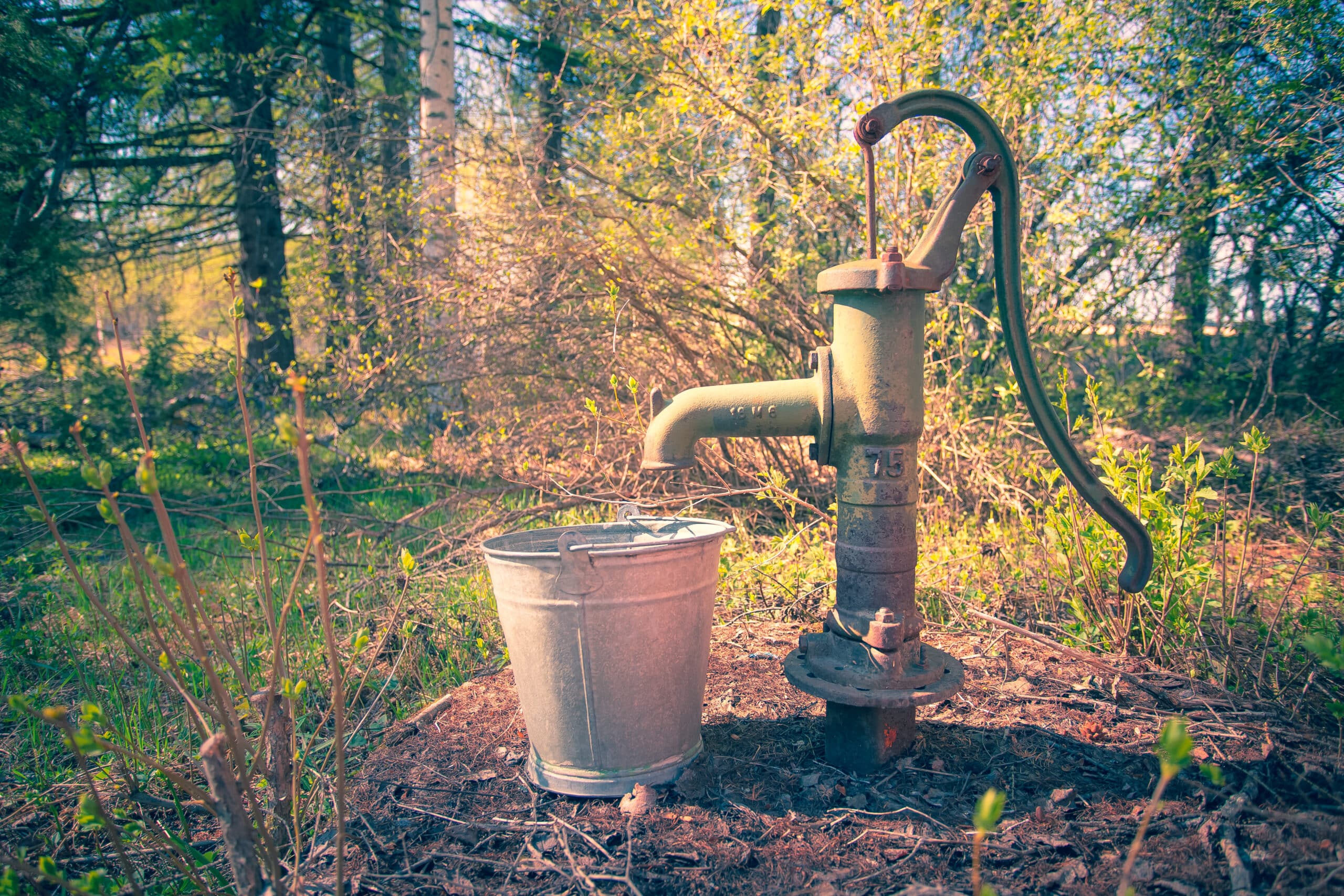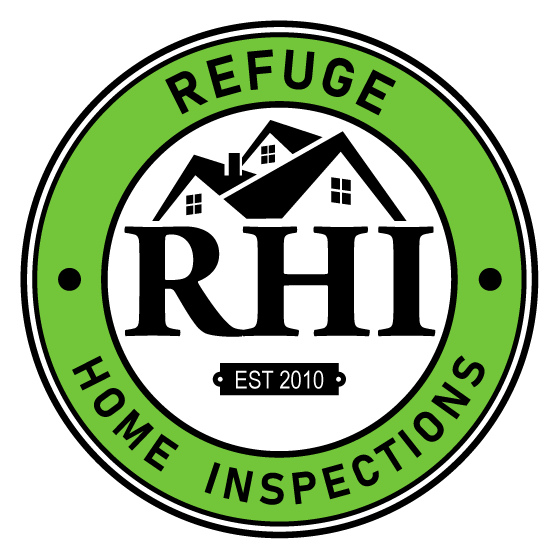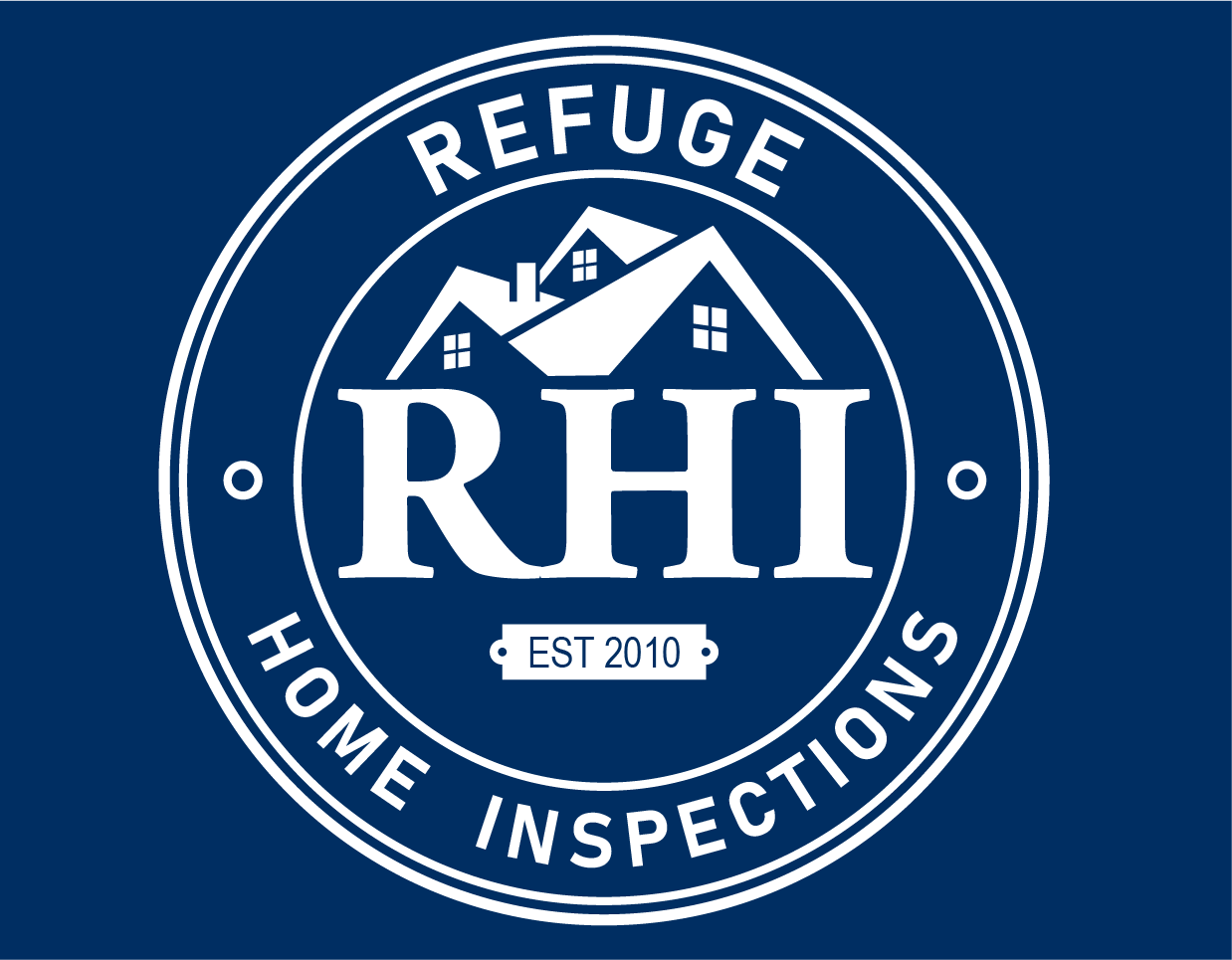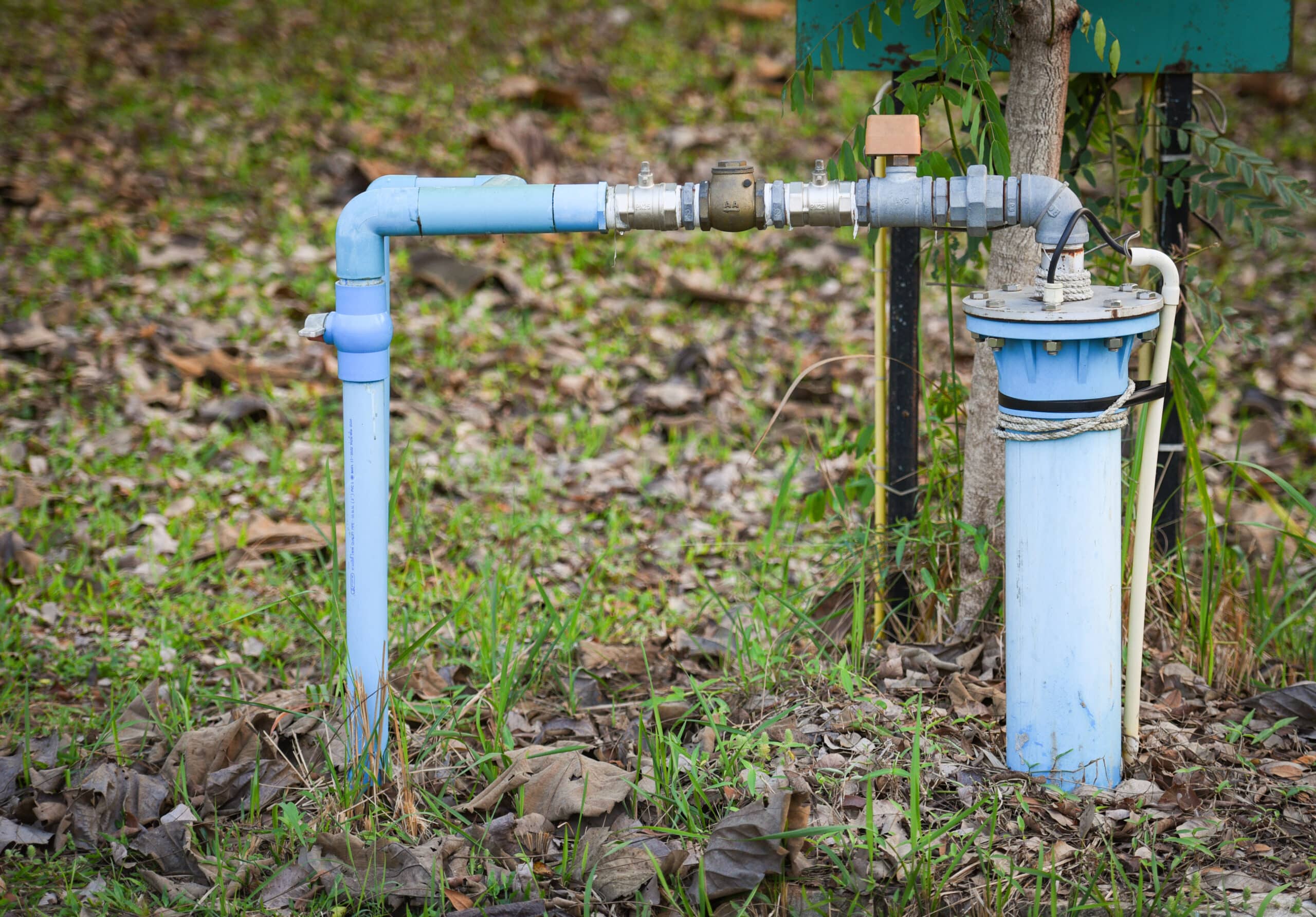Well Water Testing
Want to know what we can do for you?
Well Water Testing
The U. S. Environmental Protection Agency’s rules that protect public drinking water systems do not apply to individual water systems, like privately owned water wells in homes. Private well water should be tested at a minimum of once per year. This will help you maintain a safe and reliable water source for you and your family. A well water test will assess the water to see if there are any potentially harmful microorganisms.
The first option for testing with RHI is a standard water test that can be completed at a local health department. This type of test will check the water for E. coli and coliform. Coliform is bacteria or microbes found in a mammal’s digestive system. These microbes can include germs like parasites, viruses, and bacteria. It is impossible to individually detect these in a water sample, so the total number of coliforms is used. If the count is higher than the EPA suggests, then it is recommended for treatment. E. coli is a fecal coliform that is specifically targeted. Fecal is the feces (or stool) of a mammal. Millions of fecal coliforms are tested by themselves. Again, if these are in low doses, they typically are not harmful to humans, but if the wrong ones find their way into the system, they can cause diarrhea, dysentery, and even hepatitis.
The second type of testing RHI can perform is an FHA/VA-compliant test. Every FHA/VA loan will require this type of test if there is a well on the property. This test is a little more involved and must be sent to a special laboratory for testing. The sample still checks for bacteria (E. coli and coliform) but also checks for lead, nitrates, and nitrites. Lead is a soft gray metal found in the ground and in older piping systems. Lead has been found to damage the kidneys, brain, and nervous system. It has also been linked to learning behavior and hearing problems in children. Nitrates and nitrites are caused by runoff or leakage from fertilizers, wastewater, landfills, animal feed areas, septic systems, or housing drainage. These chemicals can cause many side effects and are linked to cancer.
RHI can easily test the well water for issues. Your inspector will need to run water in the home for an extended period. This ensures the water comes directly from the well. The fixture will then need to be sanitized before a sample is collected. Inspectors will also sanitize and fill vials with the sample water. These vials and needed information are recorded and shipped to the lab, and results are completed within 2 to 3 days. There will be a report provided showing water findings.

OVER 7,500+
HOME & COMMERCIAL
INSPECTIONS COMPLETED
Call us at
812-774-0804


